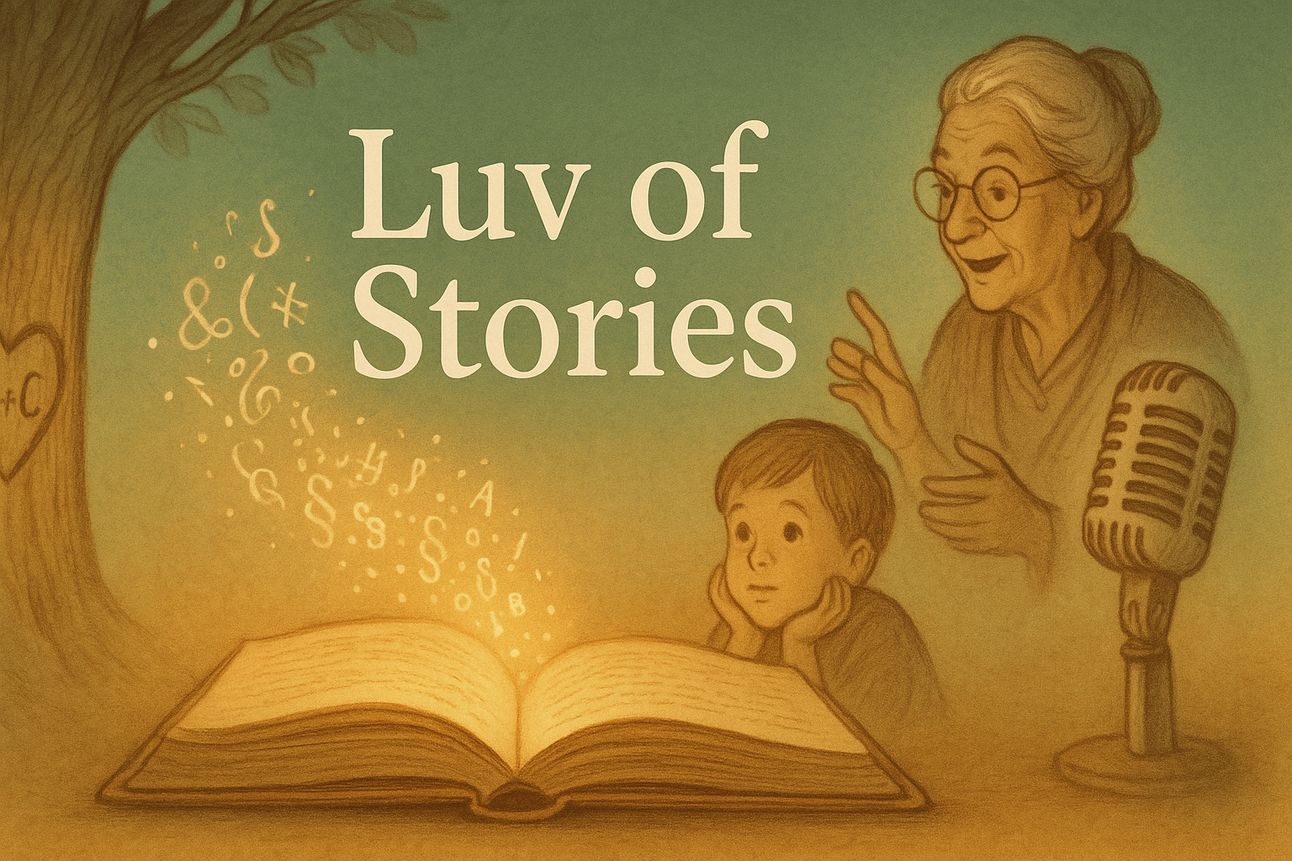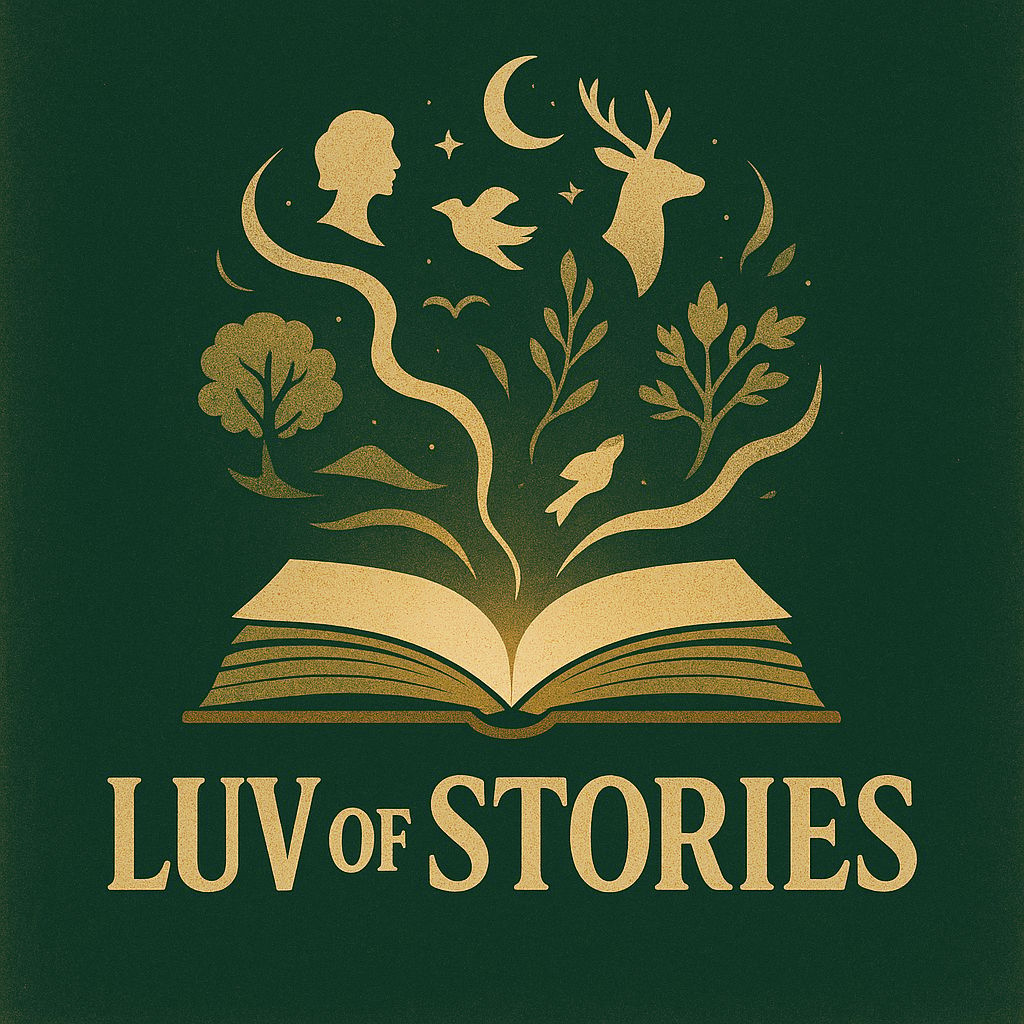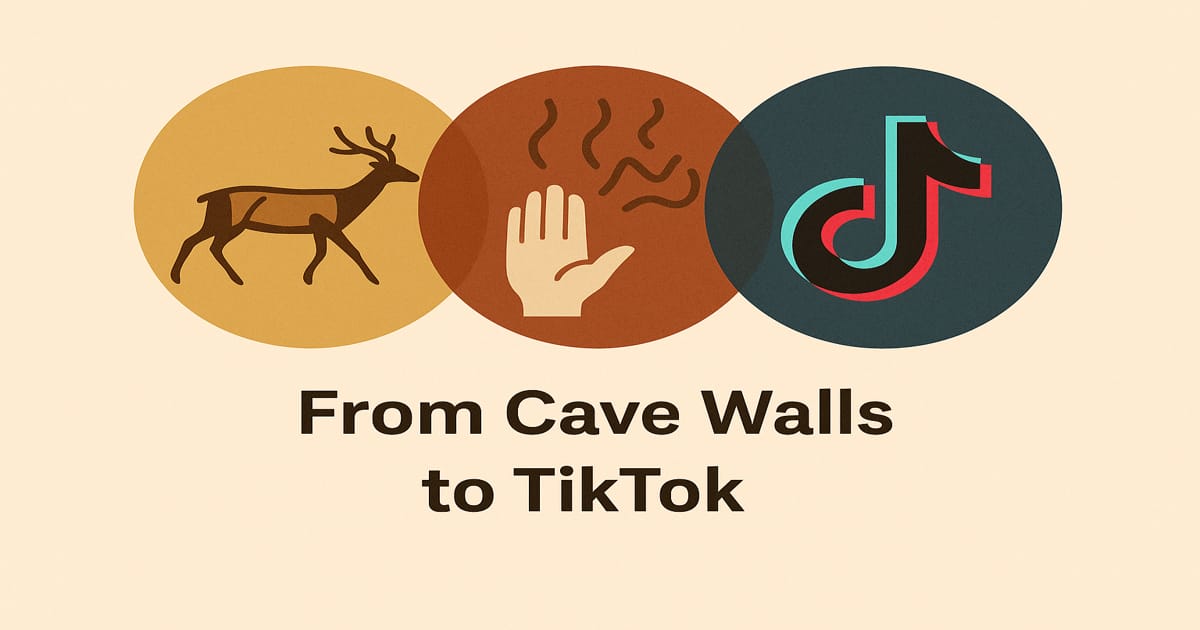
Storytelling is older than writing, painting, or politics. Long before the printing press or the internet, we sat around fires and shared who we were, what we feared, and what we dreamed.
But here’s the truth:
Your story is just as important as any in history.
Whether you're a nurse, a truck driver, a teacher, or a teenager—you carry within you a series of lived moments that can inspire, heal, teach, and endure. In an age obsessed with “content,” your story is still the most meaningful content you’ll ever share.
The Science Behind Storytelling
When you hear a great story, your brain doesn’t just absorb it—it syncs with the storyteller’s brain. This is called neural coupling, and it was proven by researchers at Princeton University (Hasson et al., 2010). When someone tells a story, the listener’s brain begins to mirror the speaker’s as if they’re experiencing the story themselves.
That’s why stories build empathy.
Paul Zak, a neuro-economist, found that narrative storytelling increases oxytocin, the same hormone that helps us bond with loved ones. Oxytocin is the “trust molecule,” making stories one of the most effective ways to connect humans.
From Cave Walls to TikTok: A Cultural Continuum
Storytelling is how we’ve always made sense of the world.
Aboriginal Dreamtime stories passed down origin myths for millennia.
African griots preserved entire tribal histories through spoken word.
Homer’s Odyssey and Iliad were memorized and retold before ever being written.
Today’s platforms—TikTok, YouTube, podcasts—are simply digital firesides.
Our tools change, but our need to connect through narrative remains constant.
Real People, Real Stories That Moved the World
You don’t have to be famous to be unforgettable.
Mary's Letters: When her father died, Mary discovered a shoebox of letters he wrote during the Vietnam War but never mailed. She turned them into a book. Her grandchildren now understand a version of him no one knew.
Luis, the Grocery Philosopher: A student made a short film about Luis, a cashier who handed out daily quotes. It became a local sensation—not because of fame, but because people felt seen.
Clara & George: Married for 62 years, they recorded voice memos about their life together. After Clara passed, their granddaughter animated the recordings into a video. It became a family heirloom—and a viral story about enduring love.
Why People Don’t Tell Their Stories (And Why That Needs to Change)
The most common reasons:
“I’m not interesting.”
“I don’t know how to tell it.”
“No one would care.”
But these aren’t facts. They’re fears.
Research in narrative therapy (Michael White & David Epston) shows that telling your story—especially in the face of trauma or marginalization—helps reclaim your sense of identity. It's not about ego; it’s about dignity. Your voice matters because no one else has lived your exact truth.

The Healing Power of Expressive Storytelling
Telling your story isn’t just good for others—it’s good for you.
Psychologist James Pennebaker found that expressive writing improves mental and even physical health. People who wrote about emotional experiences showed better immune function and reduced stress.
In group settings, storytelling fosters connection and belonging. It tells others: “You’re not alone.”
And it tells you: “What I lived through matters.”
Your Story Is a Legacy
Stories are time machines. They let us travel forward—not to relive the past, but to remember it meaningfully. Legacy storytelling is not about nostalgia. It’s about passing on truth, values, and wisdom to those who come next.
Whether you journal it, record it, or speak it—your story becomes part of your family's living history. It’s a gift. One day, someone you love will need your story more than you can imagine.
It doesn’t have to be perfect. It just has to be yours.
So try one of these today:
Record a 2-minute memory on your phone.
Ask a loved one about their childhood.
Write down a turning point in your life, even just a paragraph.
Because your story could be the spark someone else needs.
And because you are the only one who can tell it.


